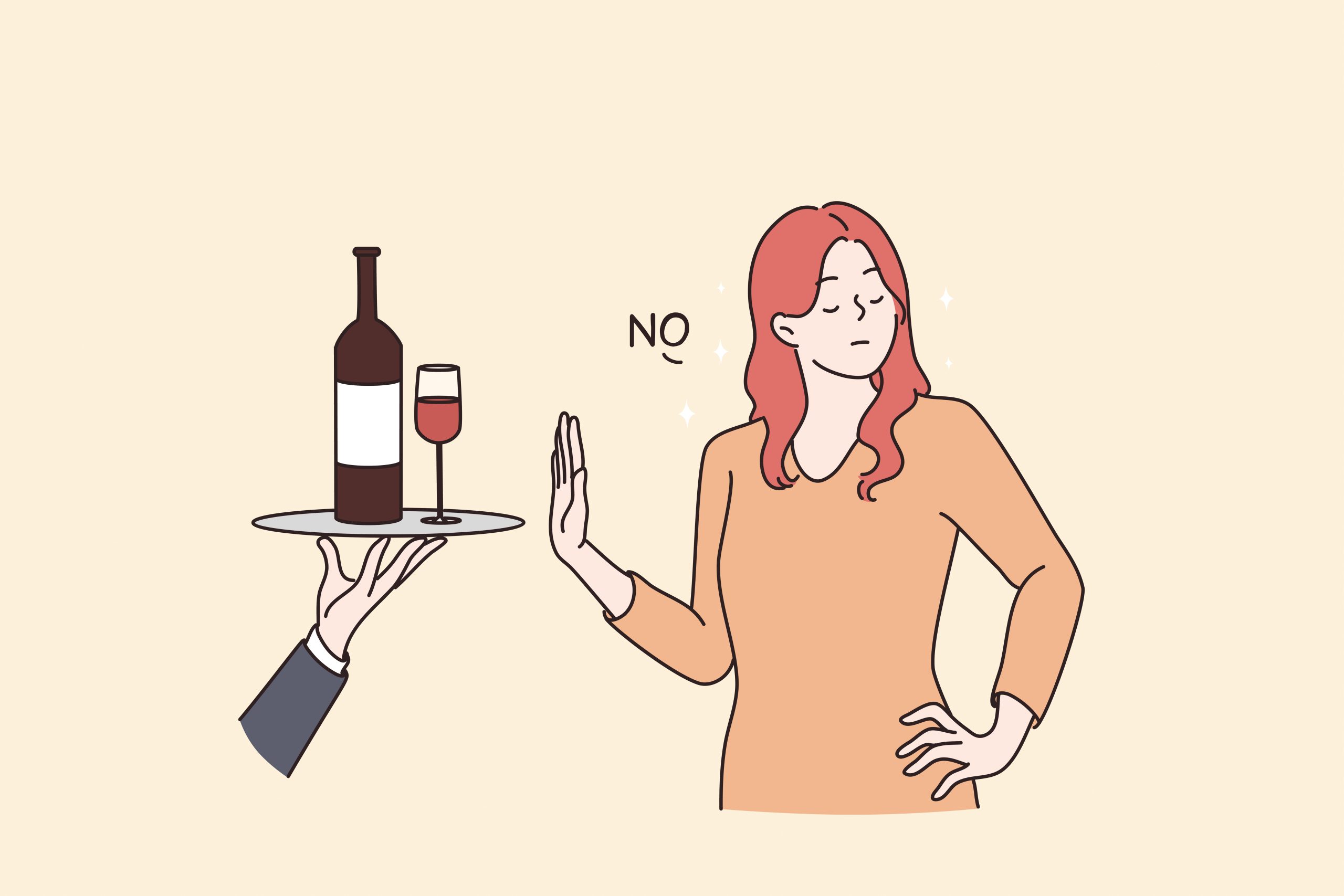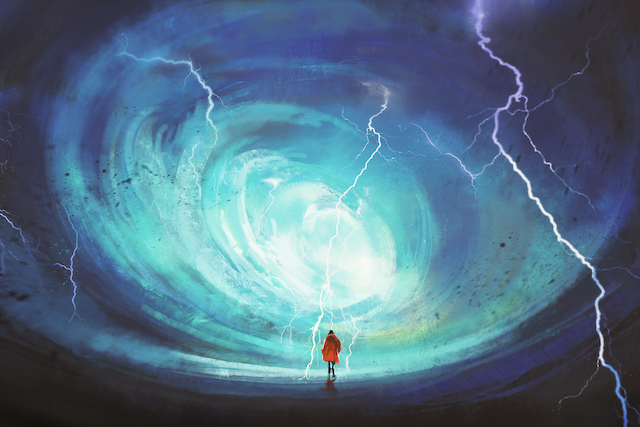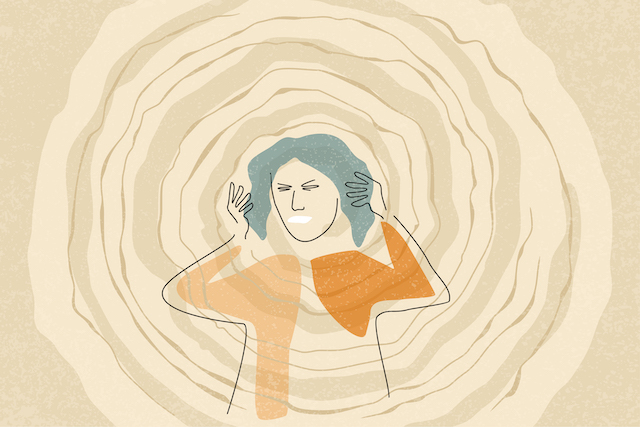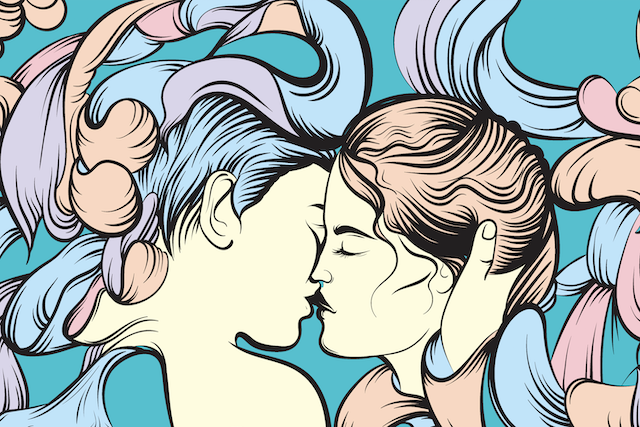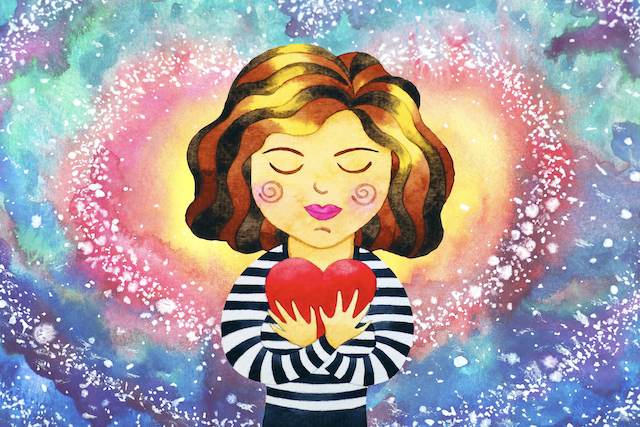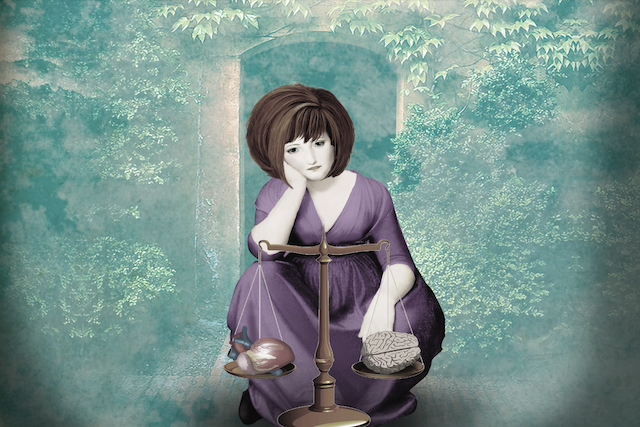
“Tell me, what is it you plan to do with your one wild and precious life?” ~Mary Oliver
Lately, I’ve been taking time to think about what I actually want. Not what I “should” want or what other people want for me.
One thing I have learned is that mistakes happen when you choose not to follow your inner guidance system. The problem is that, for many years, I chose not to listen to mine.
Whenever it screamed and pulled at me, desperate to get my attention (“Don’t purchase a car from that shady car dealership! Don’t go out with that person who makes you feel very uneasy! Don’t spend thousands of dollars on a degree that doesn’t make you happy!”), I would simply override it. I would tune out everything my gut was telling me, and instead, justify in my head why doing xyz would be a perfectly fine idea.
After enough of these experiences piled up, rather than arriving at the realization that I willfully chose to ignore my intuition and that’s what got me into trouble… I arrived at a somewhat different conclusion. I decided that I simply wasn’t good at making decisions.
So I stopped trusting myself. Before making an important decision about anything, I’d always have another person “validate” it. You know, just in case. My justification was, if I end up making a totally messed up decision, well, I don’t need to feel too badly about it since it was backed by another human being. Evading personal responsibility at its best.
Now, short term, this sort of worked.
The people offering guidance and helping me with my decisions were sound-of-mind individuals who cared about me. In fact, some of their guidance was largely beneficial to me, and I’m glad I listened.
The thing is, while listening to others can be very helpful, it should not be used as a crutch. If someone gently encourages you to make a decision that you know, deep down, is good for you, that is perfectly fine. However, if you are relying solely on input from others because you’re afraid to make the “wrong decision,” that needs to be examined.
Three problems started to slowly arise for me.
One, I started to lose my own voice. I started to forget my own taste and what I liked, disliked, agreed with, or disagreed with. I convinced myself that I honestly didn’t know. But oh, I knew. I just was terrified of admitting it to others, much less myself.
Two, there were occasionally moments where someone’s advice did not resonate with what I wanted. Wait, disagreeing with someone?! Feeling like I might have a separate, completely valid opinion that is different than another human’s?? TOO MUCH TO HANDLE.
And three, chaos ensued when multiple people had multiple opinions about how I should live my life. And every single person expected me to honor their advice and guidance. And oh my god, what do I even do now?
After years of dealing with the anxiety caused by trying to do everything everyone wanted, as well as the deep depression that arose as I realized I had become a former shell of who I was, unsure of who I was or what I wanted, I knew that something needed to change. I was lost and slipping away.
I started making small decisions. It felt terrifying.
I would like to buy this shirt. I would like to eat sushi for lunch. I would like to stay in this evening, rather than go out.
Little wins for self-advocacy!
Then I started making bigger decisions.
I would like a new job. I would like to stop “hustling” during my non-work hours and just do things that make me happy. I’d like to take more abstract, nature photos than cookie-cutter family photos.
With each little decision I made, I also made sure to pay close attention to how I was feeling.
If I felt a tightness in my chest and a feeling of uneasiness, I would pay attention to that. I’d think to myself, “You know what, brain… I know you might object to this for various reasons, but the heart is telling me to steer clear of this decision.”
I slowly started becoming much more aware of everything my body was feeling at any given moment.
I also started to realize something else. Maybe there truly are no “shoulds.”
No matter what decision you make, there will be someone who is all for it and someone who disagrees completely. There are thousands of choices that a person can make in a day. It’s literally impossible to guarantee that everyone will like or approve of all of these little choices. From the decision to order a cinnamon dulce latte at Starbucks (yes, I see all you Dunkin’ Donuts diehards out there cringing), to the decision to dye your hair purple.
What about the even bigger decisions? Such as the choice to work a certain job, have a family or not have a family, follow a certain political party, etc.
What if the whole point is to simply live in accordance with our values, and honor other peoples’ desire to do the same?
What if it is literally all okay?
To plant down roots. To fly with wings.
To be financially abundant and have more than you could need. To have just enough to live happily and comfortably.
To be tall, short, skinny, fat, lean, muscular, and everything in between.
To live on your own or to live with others. To be in a relationship or to be single. To work sixty hours a week or five hours a week. To have a job you adore or a job that pays the bills.
To be a work in progress. To be sure. To be unsure.
To still be learning. To still be searching. To be saved. To not believe. To be straight, gay, bi, or none of the above. To love men. To love women. To love animals. To simply love.
What if it is okay to have hard ambition and dreams that are larger than life?
What if it is okay to have soft ambition and dreams that are just right, which make us happy and honor our capacity?
What if it is okay to not have any “ambitions,” per se, and to simply focus on cultivating habits rather than reaching goals?
To experience satisfaction on our own terms without needing to prove anything to anyone, ever.
What if being enough isn’t about trying to be everything to everyone? Rather, it is about being who you want to be, unstoppably, and nothing more?
![]()
About Jamie Haas Powell
Jamie Haas Powell is a flexibility coach and Latin dance instructor who resides in Northern NJ. She started a movement, NJHeARTs, which combines arts and advocacy to raise awareness for domestic abuse. In her free time, she loves playing her ukulele, dancing, going to the beach, and eating tacos. You can find more of her daily thoughts here.
Get in the conversation! Click here to leave a comment on the site.
The post Why I Didn’t Trust Myself to Make Decisions (and What If It’s All Okay?) appeared first on Tiny Buddha.
from Tiny Buddha https://ift.tt/ZNPG2da


